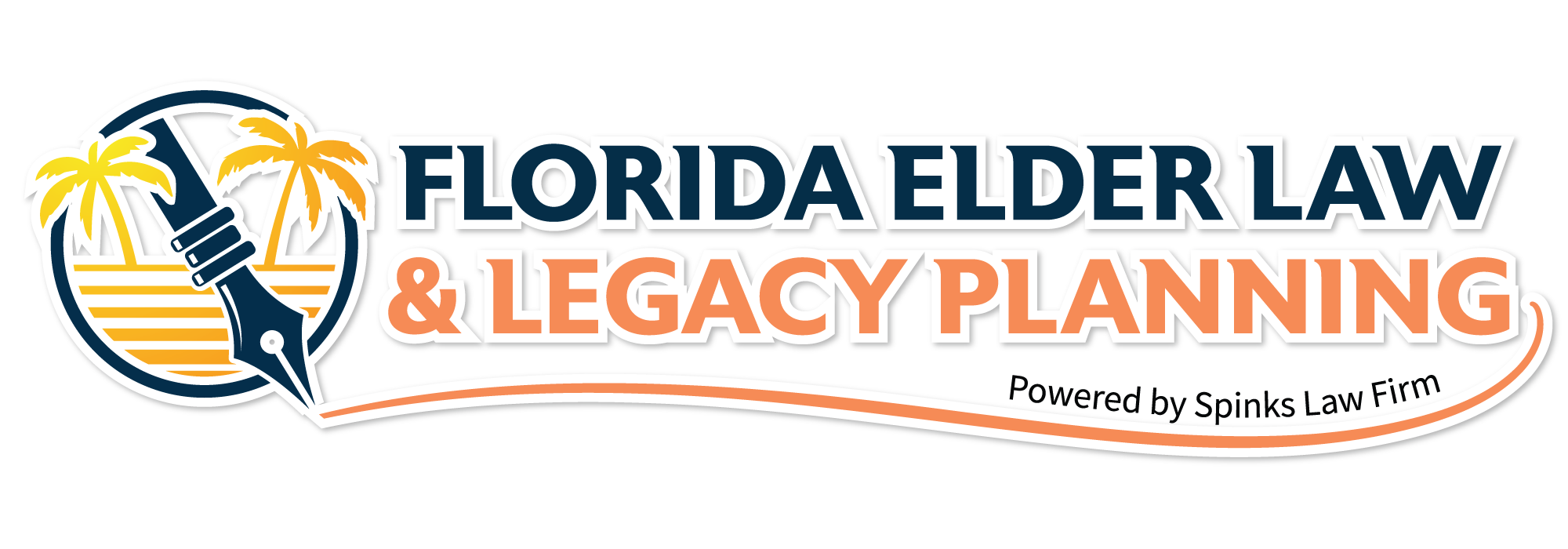Understanding the distinctions between wills and trusts is pivotal in estate planning, offering different avenues to manage and distribute assets after one’s passing. Each serves unique purposes and comes with its own set of advantages and limitations.
This article explores the five key differences between wills and trusts, helping you make informed decisions about your estate planning strategy.
When They Take Effect
- Wills become active only after death, detailing how assets should be distributed among heirs and appointing guardians for minors if necessary.
- Trusts can take effect when created and funded, managing assets during the grantor’s lifetime and beyond.
Understanding the timing of these instruments is crucial for effective estate planning. It ensures that your assets are managed according to your wishes before and after your passing.
Probate Process Involvement
- Wills must go through probate, a court-supervised process to validate the will, settle debts, and distribute assets, which can be time-consuming, expensive for your beneficiaries, and open to the public.
- Trusts, specifically revocable living trusts, allow for the distribution of assets outside of probate. This provides a more private, less expensive solution for your beneficiaries and often a quicker transfer of assets.
Privacy Levels
- Wills become public record once they enter the probate process, allowing anyone to access the details of your estate distribution.
- Trusts offer a higher level of privacy, as they do not become public record, keeping the details of asset distribution confidential.
Privacy concerns are a significant consideration for many when planning their estate, making trusts an appealing option for those looking to keep their affairs private.
Handling of Estate During Incapacity
- Wills do not provide instructions or authority for someone to manage your assets if you become incapacitated.
- Trusts can include provisions that designate someone to manage the trust’s assets if you cannot, ensuring continuous management without court intervention.
For those concerned about managing their assets in the event of incapacity, trusts offer a comprehensive solution that wills cannot provide.
Complexity and Cost
- Wills are generally more straightforward and less expensive to create than trusts, making them accessible to many people.
- Trusts often require more detailed planning and higher initial costs, but they can save time and money in the long run by avoiding probate fees and simplifying asset distribution.
Balancing the complexity and cost of these estate planning tools against their benefits is essential for choosing the right option for your circumstances.
Conclusion: Tailoring Estate Planning to Your Needs
The differences between wills and trusts highlight the importance of tailored estate planning. While wills offer a straightforward way to distribute assets after death, trusts provide more flexibility, privacy, and control over asset management during one’s lifetime and after.
As you consider your estate planning options, consulting with an estate planning attorney can provide valuable insights into the nuances of wills and trusts, helping you navigate the decision-making process confidently and clearly.


